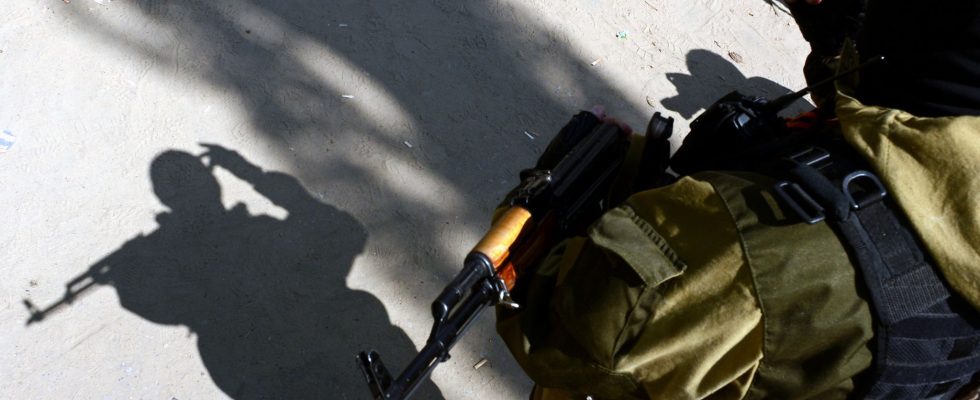This is a first in France concerning deserters from the Russian army. France can now grant refugee status to Russian soldiers who refused to fight in Ukraine, according to this doctrine adopted by the National Court of Asylum (CNDA) on Thursday 20 July.
“Russians fleeing mobilization for the war in Ukraine and those mobilized who have deserted can obtain refugee status,” the CNDA said in a statement. Indeed, “a Russian national called up as part of this mobilization is likely to commit, directly or indirectly, war crimes”.
This doctrine is based on a European directive of December 13, 2011 and a judgment of the Court of Justice of the European Union of February 26, 2015.
Russian asylum request rejected by CNDA
The CNDA took advantage of the case of an applicant to refine and unify its case law concerning Russian deserters or rebels, those who want to escape mobilization. The Court has indeed rejected the asylum request of a Russian who presented himself as a deserter. The CNDA indeed considered “that the declarations and the documents produced did not make it possible to establish that the applicant had been mobilized in the context of the war” of Russia in Ukraine.
The 28-year-old Russian applicant had left Russia in April 2019 due to “violent and repeated” acts by his father, then received two summonses as part of the partial mobilization initiated by President Vladimir Putin on September 21, 2022, as part of the war in Ukraine.
A “large formation” made up of nine judges considered the request of this Russian national at the end of June, after the French Office for the Protection of Refugees and Stateless Persons (Ofpra) rejected it at first instance, casting doubts on the veracity of his story. The CNDA pointed out several anomalies in the documents provided and “also found that the applicant had been exempted from military service in 2013 and that he had fled his country in 2019 citing family and religious fears”.
“To claim protection under refugee status, you must prove that you can be mobilized by specific elements such as documents or detailed and personalized statements,” CNDA vice-president Christine Massé-Degois told AFP in the wake of the decision.
Decisions so far “divergent”
The requirement to provide elements making it possible to establish that a person is indeed called upon to serve in the armed forces is not shared by all. “There is a very strong requirement of the Court to demonstrate that the person can be mobilized, whereas a person who flees his country does not necessarily always have his summons or his military booklet on him”, thus regretted the plaintiff’s lawyer, Me Sylvain Saligari. This immigration law lawyer plans to appeal to the Council of State.
So far, the chambers of the Court have issued “divergent decisions”, explains in the world Sylvain Saligari. According to the lawyer, “applications for protection were rejected on the pretext that the applicant had not been convincing on his conscientious objection. Or because the judges had a restrictive vision of the military reserve.”
Several refusals of protection consulted by The world show that some judges considered, for example, that a Russian who had not done his military service or who had no military specialty could not be mobilized. Other decisions of refusal reproached the applicants for not sufficiently developing “the existence of deep convictions” against the war in Ukraine.
